British Telecom mobile plans delayed due to technological hurdles

In the United States, most of the major traditional telephone companies also operate mobile networks, AT&T, Verizon, Telephone and Data Systems (parent to US Cellular), are the most notable examples. Other incumbent local exchange carriers go without however, like Frontier and CenturyLink.
In the United Kingdom, British Telecom is technically not the only local exchange carrier, but it is the largest by a very wide margin. So ubiquitous are BT’s operations in the UK that it is obligated to provide fixed telephone line services to any address that requests it, even in areas where its tiny rival, KCOM group operates.
As large as British Telecom and its namesake parent, BT Group, is, you might think that it too would operate a wireless network of its own. Believe it or not, BT does not have a mobile network, though that was not always the case.
Like early mobile operations in the United States, BT launched cellular service in the 1980s. Called Cellnet, it was a red-headed step child in the larger BT Group empire, and for reasons that would leave anyone scratching their heads, the company was spun off into a separate entity in 2001 and rebranded O2 in 2002. Five years later, Telefonica, Spain’s largest carrier, and the world’s sixth largest wireless provider, acquired O2, leaving the UK’s only telecom operator with no high-growth mobile operations.
Since 2007, even the saturated UK market saw phenomenal growth, with O2, Vodafone, Three, T-Mobile, and Orange (the latter two would form EE), enjoying the spoils as the world witnessed the mobile industry undergo a remarkable revolution.
Well someone at BT had a great idea that the company better get back in the wireless game. Building a traditional wireless network from scratch was cost prohibitive, but one thing that BT does have a lot of are Wi-Fi hotspots all over the country, some 5.4 million of them. BT was going to follow a similar model that Republic Wireless in the US does, Wi-Fi first, cellular second, courtesy of a reseller agreement with an established carrier, in this case EE.
Like Republic, BT was going to undercut the UK’s four major operators in price in exchange for using Wi-Fi as the primary signal to carry voice and data, then hop on EE’s network when out of range of the hotspots. Unlike Republic however, BT has not been able to overcome the technical hurdles of Wi-Fi-to-cellular hand-offs (and vice-versa). In BT’s defense, Republic’s approach is much improved, but not 100% foolproof. To BT’s bane, T-Mobile USA has launched Wi-Fi-to-VoLTE connectivity, citing extraordinary effort to break through the technical obstacles.
What that means for BT is the goal of actually launching “wireless” service within its current fiscal year is not likely to be achieved. Moreover, the launch could slip to the second quarter of 2015, which is the following fiscal period for the company. Company sources said plainly that “the handover is absolutely essential for BT to do what it wants to do with mobile.”
British Telecom’s longer-term plans are not meant to rely solely on Wi-Fi and EE, it does own some spectrum, which it paid about £185 million for last year. However, it will be years before it can build out the footprint, thus reducing dependence on EE’s network. BT also plans to offer a home-based router to compliment service and coverage, like T-Mobile’s Personal CellSpot.
source: The Telegraph
In the United Kingdom, British Telecom is technically not the only local exchange carrier, but it is the largest by a very wide margin. So ubiquitous are BT’s operations in the UK that it is obligated to provide fixed telephone line services to any address that requests it, even in areas where its tiny rival, KCOM group operates.
Like early mobile operations in the United States, BT launched cellular service in the 1980s. Called Cellnet, it was a red-headed step child in the larger BT Group empire, and for reasons that would leave anyone scratching their heads, the company was spun off into a separate entity in 2001 and rebranded O2 in 2002. Five years later, Telefonica, Spain’s largest carrier, and the world’s sixth largest wireless provider, acquired O2, leaving the UK’s only telecom operator with no high-growth mobile operations.
Like Republic, BT was going to undercut the UK’s four major operators in price in exchange for using Wi-Fi as the primary signal to carry voice and data, then hop on EE’s network when out of range of the hotspots. Unlike Republic however, BT has not been able to overcome the technical hurdles of Wi-Fi-to-cellular hand-offs (and vice-versa). In BT’s defense, Republic’s approach is much improved, but not 100% foolproof. To BT’s bane, T-Mobile USA has launched Wi-Fi-to-VoLTE connectivity, citing extraordinary effort to break through the technical obstacles.
What that means for BT is the goal of actually launching “wireless” service within its current fiscal year is not likely to be achieved. Moreover, the launch could slip to the second quarter of 2015, which is the following fiscal period for the company. Company sources said plainly that “the handover is absolutely essential for BT to do what it wants to do with mobile.”
British Telecom’s longer-term plans are not meant to rely solely on Wi-Fi and EE, it does own some spectrum, which it paid about £185 million for last year. However, it will be years before it can build out the footprint, thus reducing dependence on EE’s network. BT also plans to offer a home-based router to compliment service and coverage, like T-Mobile’s Personal CellSpot.
source: The Telegraph
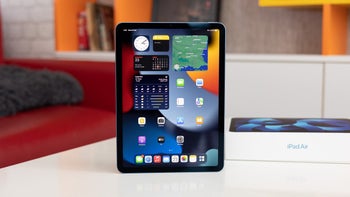
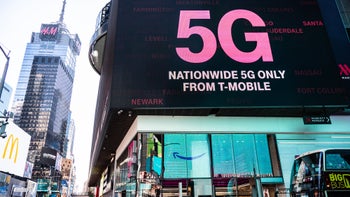
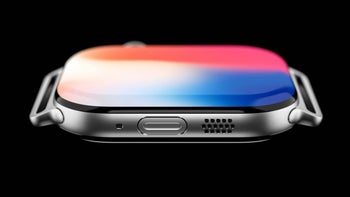
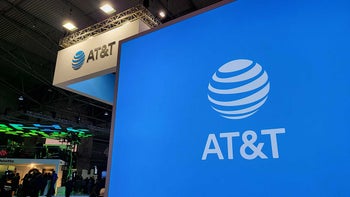

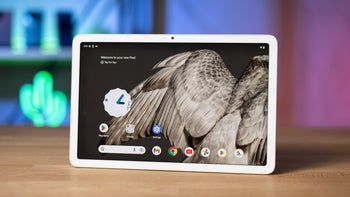

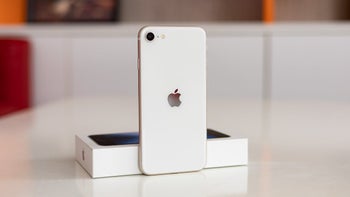

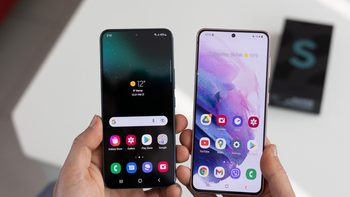


Things that are NOT allowed: